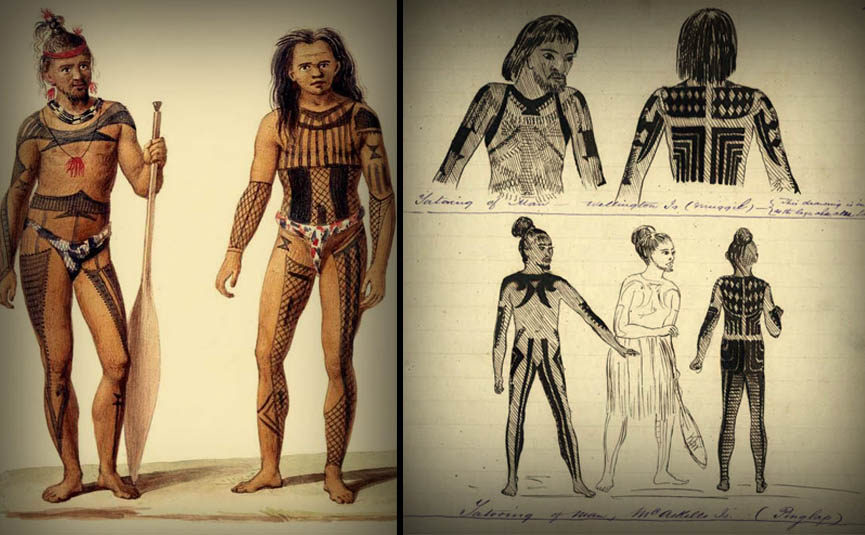Energy drinks have gained immense popularity in recent years, particularly among athletes and individuals seeking a quick energy boost. These beverages are marketed as performance enhancers, claiming to improve alertness, stamina, and overall athletic performance.
However, the relationship between energy drinks and sports performance is complex, with both benefits and risks associated with their consumption. Studies have shown that they can enhance cognitive function and increase energy levels, but excessive consumption might be detrimental to a person’s athletic performance. But how exactly can an effective yet flavourful energy drink help athletes and individuals perform better in sports?

Benefits of Energy Drinks in Sports Performance
Many athletes find that these drinks put them in the right mindset and when included in the routine exercising, they can help them achieve better results. The combination of ingredients and the zero-sugar options make them a popular drink among sports people, offering a number of benefits:
Improved Alertness and Focus
One of the primary benefits of this kind of beverage is its ability to enhance alertness and focus, which can be advantageous for athletes during training or competition. These beverages typically contain caffeine, a central nervous system stimulant that can increase wakefulness and cognitive function. When consumed in moderate amounts, caffeine can help athletes maintain concentration and stay mentally sharp, potentially leading to improved performance.
Enhanced Endurance
Energy drinks often include ingredients like taurine and B vitamins, which are believed to support endurance by reducing muscle fatigue and improving oxygen delivery to muscles. While the exact mechanisms are not fully understood, some studies have suggested that these ingredients may help athletes sustain their performance during prolonged activities such as long-distance running or cycling.
Increased Energy Levels
The primary purpose of this beverage is to provide a quick energy boost. This can be especially beneficial for athletes engaging in high-intensity or interval-based training, where a sudden burst of energy is needed to push through workouts, such as bodybuilding. The combination of caffeine and sugars in energy drinks can provide a rapid increase in energy levels, helping athletes perform at their best when it matters most.
Improved Reaction Time
Caffeine, a key component of most energy drinks, has been shown to enhance reaction time and decision-making abilities. This can be advantageous for athletes participating in sports that require quick reflexes, such as basketball or tennis. A quicker reaction time can give athletes a competitive edge and help them respond more effectively to changing game situations.
Mental Resilience
The psychological effects of energy drinks can also be beneficial for sports performance. The belief that one has consumed a performance-enhancing beverage can boost an athlete’s confidence and motivation. The placebo effect may play a significant role in the perceived benefits of these drinks, leading athletes to push themselves harder during workouts or competitions.

Risks of Energy Drinks in Sports Performance
As with most dietary supplements, these drinks too come with potential risks when taken in excessive amounts. Adolescents and young adults should be especially careful when taking any type of energy drinks as they can pose a health risk.
Dehydration
Many options contain high levels of caffeine, which can act as a diuretic, increasing urine production and potentially leading to dehydration. Dehydration can have a detrimental impact on athletic performance, as it impairs thermoregulation, reduces endurance, and increases the risk of heat-related illnesses during physical activity.
Cardiovascular Effects
Excessive caffeine consumption, which can occur when individuals combine energy drinks with other sources of caffeine (e.g., coffee or supplements), may lead to cardiovascular issues. These can include increased heart rate, elevated blood pressure, and an increased risk of arrhythmias. In individuals with pre-existing heart conditions, the stimulant effects of these beverages can be particularly dangerous.
Gastrointestinal Distress
The high sugar content in many products can lead to gastrointestinal discomfort, including nausea, bloating, and diarrhoea. Athletes may experience these issues during workouts or competitions, which can negatively affect their performance and overall well-being. Naturally, these side effects can be especially problematic during high-intensity activities or endurance events.
Energy Crashes
While these products provide a quick energy boost, they are often followed by energy crashes once the effects of caffeine wear off. This can leave athletes feeling fatigued and mentally drained, which can hinder performance if not managed effectively. Of course, this is of particular concern when athletes are taking other medications that may interact with the ingredients found in these products, potentially leading to adverse health effects.
Sleep Disturbances
Consuming energy drinks, especially in the evening or close to bedtime, can lead to sleep disturbances. Poor sleep quality and inadequate rest can impair an athlete’s recovery and hinder their ability to perform at their best the next day. When you’re running on little sleep, it’s difficult to maintain focus and coordination, making it challenging to execute complex movements during training or competitions.

Are Energy Drinks OK for You?
It’s important to remember that individual responses to energy drinks can vary widely, and what works well for one person may not be suitable for another. Moreover, as an athlete, you should prioritize a well-balanced diet, proper hydration, and adequate sleep as the foundation for optimal performance, with energy drinks used sparingly, if at all.
Consulting with a healthcare professional or sports nutritionist can help you make informed decisions regarding the use of these products in your training and competition routines. Ultimately, responsible consumption and careful consideration of the potential benefits and risks are essential when incorporating them into any athlete’s regimen. It’s also important to know that for all energy drinks Australia has strong regulations and they must comply with the Australia New Zealand Food Standards Code.

Finishing Thoughts
Energy drinks can offer certain benefits for sports performance, including improved alertness, endurance, and reaction time. However, these potential advantages must be weighed against the associated risks, including dehydration, cardiovascular effects, gastrointestinal distress, energy crashes, and sleep disturbances. Athletes and individuals considering the use of energy drinks should exercise caution, consume them in moderation, and be aware of their personal tolerance to caffeine.















